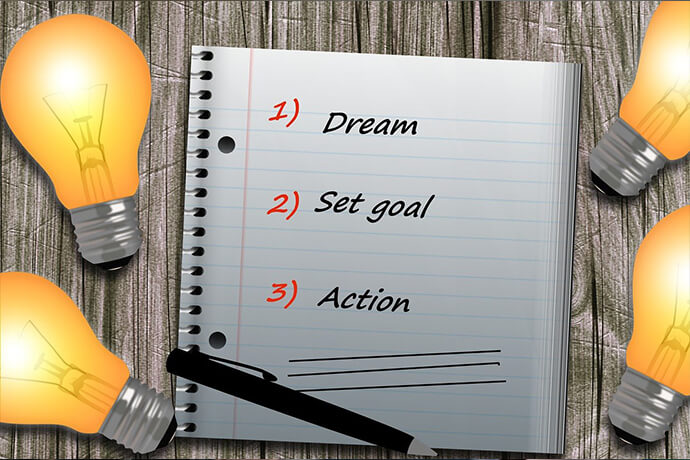 SPEAKERS
SPEAKERS
 TOPICS
TOPICS
Struggling to stay focused and get things done? Manage time effectively by prioritizing tasks and working smarter, not harder.
Ever feel like your day gets away from you with all the tasks and messages coming your way? You're not alone! Many people struggle to stay focused and get things done.
But here's the thing: managing your time effectively is all about prioritizing your tasks and using your time wisely. It's not about working harder, it's about working smarter! When you learn some simple tricks, you can meet deadlines, do better work, and feel more in control of your day.
So, if you're ready to take charge of your time and boost your productivity, keep reading! This blog has some great tips to help you master the art of time management.
Time management is a technique that helps you make the most of your time. It's about planning and organizing your tasks so you can get everything done without feeling stressed. When you manage your time well, you enjoy several benefits:

Timeboxing is a simple yet effective strategy for managing your time. With timeboxing, you set specific time limits, or "timeboxes," for each task you need to accomplish. This approach is great for anyone who wants to be more intentional about how they use their time.
Here's how it works: First, you break down your big tasks into smaller, more manageable chunks.
Then, you assign each chunk its own timebox, usually no longer than three hours. For instance, if you're writing a blog post, you might give yourself two hours to outline it. After a break, you can set another timebox, maybe three hours this time, to start writing the first draft.
Prioritizing your tasks is key to staying organized and focused. While to-do lists are helpful, they can become overwhelming if they're too long. That's where the Eisenhower Matrix comes in handy.
This tool helps you categorize your tasks based on their importance and urgency, making it easier to decide what to tackle first. Here's how it works:
Break down your time into manageable chunks to improve productivity. Once you know your priorities, setting time limits can be a game-changer. Here are a couple of methods to try out:

Concentrate on one task at a time for better efficiency. While multitasking may seem like a time-saver, research indicates that only 2.5 percent of people can effectively multitask. Juggling too many things at once can impact your cognitive abilities, leaving you feeling unproductive and dissatisfied. Boost your confidence by organizing your time to finish one task before moving on to the next.
Consider compartmentalizing tasks for added effectiveness. For instance, if you're a writer, allocate specific days for different stages of your work—research on Monday, writing from Tuesday to Thursday, and editing on Friday. This approach can enhance your focus and productivity.
Reward yourself for completing tasks as a way to stay motivated and reinforce good time management habits. You don't need extravagant rewards; simple treats can do the trick:
Take a break to savor your favorite snack
For more substantial rewards, consider activities like reading a book in the bath, planning a night out with friends, or booking a getaway. These exciting incentives can help you stay motivated during challenging projects or busy work periods.
Recognize your limits and learn to say no when necessary. Our energy is finite, so it's crucial to prioritize tasks and commitments wisely. Understand your strengths and weaknesses, and concentrate on what you excel at.
If feasible, delegate tasks that others can handle more effectively and efficiently. This approach ensures that you can devote your energy to tasks where you can make the most significant impact.
Save quick tasks for those short gaps between meetings or during focused work sessions. These tasks usually take just a few minutes, like responding to emails, fixing small errors, or submitting forms. Keep a list of these tasks handy in a project management tool or notebook.
When you have a brief break, tackle one of these tasks instead of letting your mind wander. By doing so, you'll efficiently clear these small tasks without draining your mental energy, leaving you more focused on more significant projects.
Many successful teams have mastered time management, but if you're still struggling, don't fret. Take a look at The Speaker Agency website to find top speakers specializing in time management skills.
These experts have learned from both successes and failures and have shared their insights with many other teams. Schedule a call to learn more about their valuable advice and time management tips.
